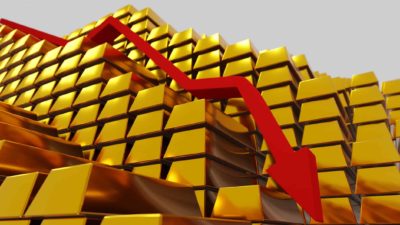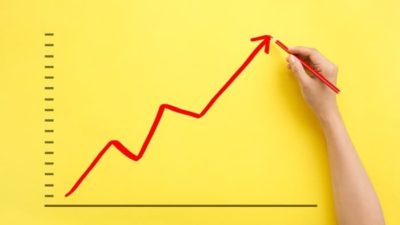Experts are openly criticising the Reserve Bank of Australia's (RBA) current strategy, saying it doesn't actually help the economy.
In response to the COVID-19 recession, the RBA has cut interest rates to near-zero. It has also performed quantitative easing to reduce yield on government bonds, which cynics label "printing money".
However, the latest figures this week showed Australia was recovering remarkably well, with the gross domestic product expanding 3.3% in the September quarter.
BetaShares chief economist David Bassanese said long-term ultra-low rates would pump up asset prices, such as for shares, but could harm the country.
"The RBA's promise to keep interest rates at near-zero for a further 3 years appear dangerous to my mind, as together with a recovering economy it could well spark a speculative surge in asset prices," he said.
"The RBA to my mind, as with other central banks around the world, is mistakenly still fighting the last war – as globalisation and technology have slain inflation dragon."
The central bank is trying to get Australians to spend more in consumer goods and services. But people will instead plough their money into assets, like shares and property, which add nothing to the economy.
"Low interest rates seem more likely to spark a destabilising rise in asset prices than much higher consumer price inflation over the next few years," Bassanese said.
'Bordering on policy error'
Even before this week's optimistic GDP figures, Wilson Asset Management lead portfolio manager Matthew Haupt warned of RBA creating asset bubbles.
"I really believe it is bordering on a policy error," he said in a Wilson video last month.
"It is at the end of the lockdown period, our economy was reopening and you have a vaccine coming now, so I think the QE will distort some of the market prices in Australia."
RBA's initial COVID-19 response in March was "very good", according to Haupt. But the second wave of assistance in November came too late.
"The market is looking at this response as being too late and now it is actually going against what the RBA was trying to deliver, which was lowering the Aussie dollar," he said.
"It should have been earlier and I believe it could cause some areas of concern around some of the valuations in Australia as well."
Wilson portfolio manager John Ayoub agreed, saying the RBA is doing too much too late.
"They are doubling down at the wrong time – and by doubling down at the wrong time it will likely back us up a little bit compared to the rest of the world."








